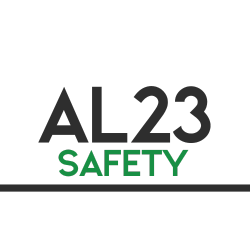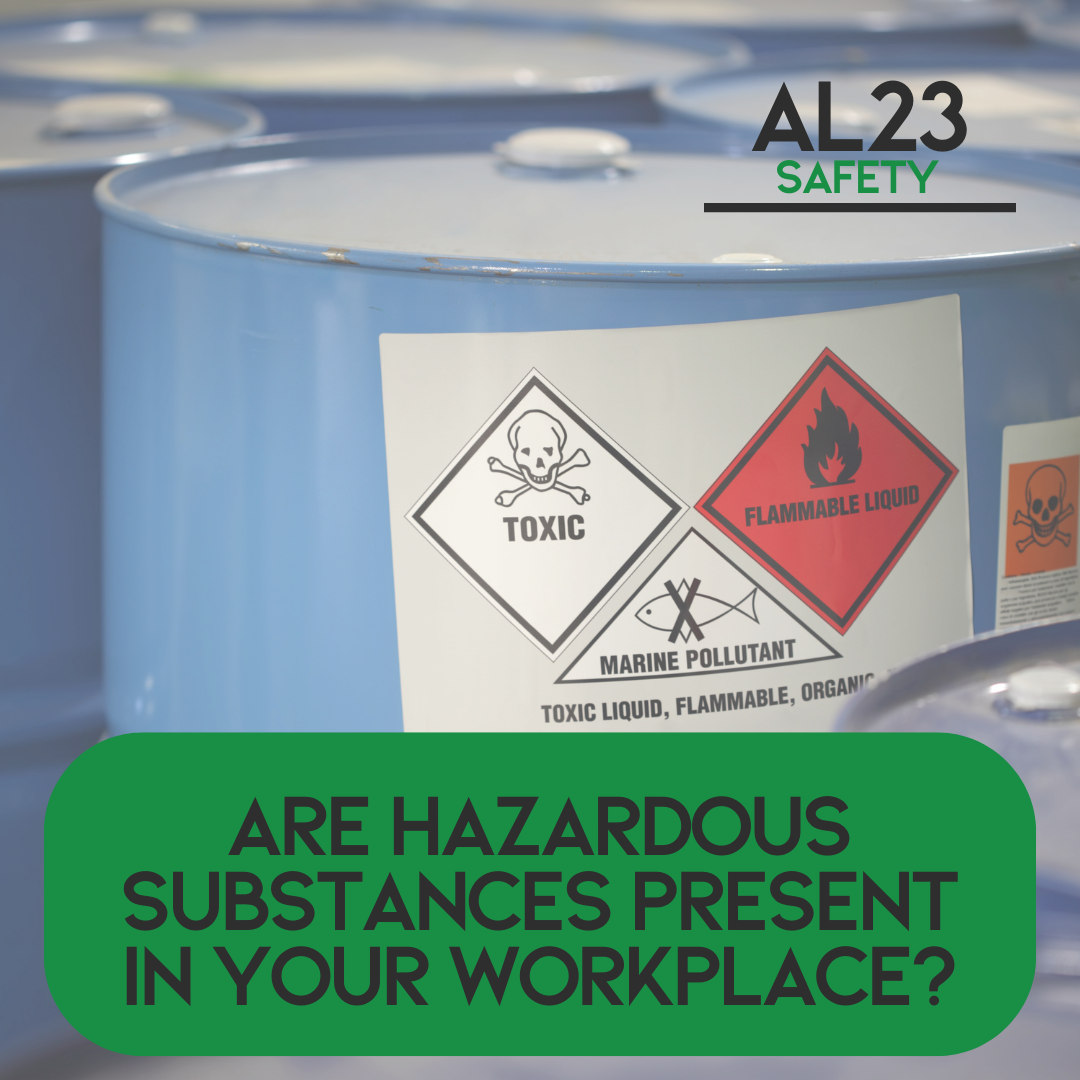Comprehensive workplace risk assessments serve as the foundation of effective health and safety management. Recent incidents at West Fraser (Europe) Ltd demonstrate the devastating consequences that can occur when organisations fail to implement thorough risk assessment protocols. With fines exceeding £1 million resulting from preventable workplace accidents, the importance of diligent safety practices has never been clearer.
Why Comprehensive Workplace Risk Assessments Matter
Comprehensive workplace risk assessments are not merely bureaucratic exercises but vital safeguards that protect both employees and businesses. The careful evaluation of potential hazards enables organisations to develop targeted preventative measures, ultimately fostering a culture of safety awareness and compliance.
The West Fraser Case Study: A Cautionary Tale
The experiences of West Fraser (Europe) Ltd provide sobering lessons about the consequences of inadequate risk assessment practices:
Incident One: The Operational Oversight
In the first incident, a 29-year-old utility operator named Sean Gallagher suffered serious leg injuries after completing repairs on a ratchet system. Despite the known dangers, Sean made the unfortunate decision to inspect the bunker whilst it remained operational. This critical error in judgment led to devastating consequences that proper risk assessment protocols and clear operational guidelines could have prevented.
The incident highlights a fundamental principle of comprehensive workplace risk assessments: they must address not only the equipment itself but also establish clear procedures for maintenance, inspection, and operation.
Incident Two: The Structural Failure
The second incident involved 39-year-old scaffolder David McMillan, who sustained multiple fractures after falling from a deteriorated gantry. Investigation revealed the absence of a comprehensive preventative maintenance programme for structural elements—a glaring omission in the company’s risk assessment framework.
This case powerfully illustrates how comprehensive workplace risk assessments must extend beyond day-to-day operations to include regular evaluation of workplace structures and infrastructure.
Essential Components of Effective Risk Assessment
When conducting comprehensive workplace risk assessments, organisations should incorporate these crucial elements:
- Systematic Hazard Identification: Methodically identify all potential hazards across operations, equipment, and structures
- Thorough Risk Analysis: Evaluate the likelihood and potential severity of each identified hazard
- Preventative Measure Development: Create specific protocols to mitigate or eliminate identified risks
- Clear Documentation: Maintain detailed records of assessments, actions taken, and responsible parties
- Regular Review Schedules: Establish consistent timelines for reassessment and updates
- Employee Involvement: Engage workers at all levels in the risk assessment process
- Continuous Improvement Framework: Build mechanisms for ongoing refinement of safety practices
The Business Case for Comprehensive Workplace Risk Assessments
Beyond the moral obligation to protect employees, comprehensive workplace risk assessments offer compelling business advantages:
Financial Protection
The £1 million fine levied against West Fraser (Europe) Ltd demonstrates the substantial financial penalties that can result from safety failures. Comprehensive workplace risk assessments represent a modest investment compared to the potential costs of accidents, including:
- Regulatory fines and penalties
- Compensation claims
- Increased insurance premiums
- Production downtime
- Replacement costs for damaged equipment
- Reputational damage
Legal Compliance
UK health and safety regulations explicitly require employers to conduct suitable and sufficient risk assessments. Comprehensive workplace risk assessments ensure compliance with:
- Health and Safety at Work Act 1974
- Management of Health and Safety at Work Regulations 1999
- Industry-specific regulatory requirements
Enhanced Productivity
Workplaces with robust safety cultures typically experience:
- Reduced absenteeism
- Improved staff morale
- Lower turnover rates
- More efficient operations
- Greater continuity in production
Implementing Comprehensive Workplace Risk Assessments with AL23 Safety
At AL23 Safety, we specialise in developing and implementing comprehensive workplace risk assessments tailored to your specific operational environment. Our experienced consultants provide bespoke solutions that ensure compliance with UK health and safety requirements whilst fostering a safer working environment.
Our Comprehensive Workplace Risk Assessment Services Include:
- Full Site Safety Evaluations: Thorough assessment of all workplace environments
- Customised Risk Registers: Development of detailed documentation systems
- Preventative Maintenance Programmes: Structured approaches to equipment and structural integrity
- Staff Training Programmes: Customised education to support risk awareness
- Compliance Auditing: Regular review of practices against regulatory requirements
- Incident Investigation: Expert analysis when incidents occur
- Continuous Improvement Support: Ongoing consultation to refine safety practices
Conclusion: Learn from Others’ Mistakes
The valuable lessons from West Fraser (Europe) Ltd’s incidents serve as a powerful reminder of what’s at stake when comprehensive workplace risk assessments are neglected. Rather than waiting for accidents to occur, partner with AL23 Safety today to create a safer, compliant, and more productive workplace.
Our team of dedicated consultants brings years of industry experience to help you implement comprehensive workplace risk assessments that protect your most valuable assets—your people—while safeguarding your business against preventable losses.
Contact AL23 Safety today to discover how our comprehensive workplace risk assessment services can transform your safety culture and ensure compliance with all relevant UK regulations.



